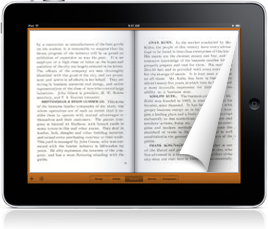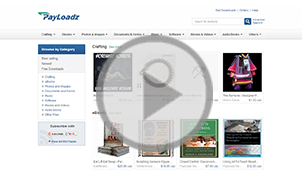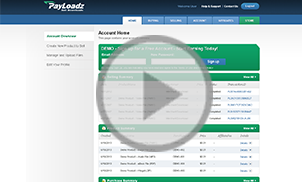
Understanding Licenses in the World of Music Publishing
In order to achieve any level of success in music publishing, you’ve got to understand licenses – once you do, you’re on your way to succeeding in the world of song publishing.
Many people misunderstand the realm of music publishing as starting up your own independent music label. In fact, you don’t have to have your own music label in order to become an independent song publisher, though it probably helps.
In order to succeed at song publishing, any music publisher – experienced or novice – must have a full grasp on what music publishing is actually all about. Music publishing is likely the big moneymaker in the music industry, so it absolutely must be understood by the person hoping to benefit from it!
So, what is music publishing, exactly? In the most basic sense of the word, music publishing is the management of your song’s copyrights. A music publisher, or song publisher, will collect money due to the copyright holder for the use of their musical work. There are several main areas to music publishing and licensing that you need to know about: mechanical, performance rights, synchronization, print, and digital print.
Song Publishing with Mechanical Licensing
A mechanical license is most frequently granted from the copyright holder, most likely you, to the record label. This aspect of music publishing allows the license-holder to reproduce the work and distribute it. For example, with a mechanical license the song publisher allows the record label to make CDs and sell them at record shops. In most cases, the royalty rate for song publishers is about 9.1 cents per song, though licenses may vary.
Performance Rights Licensing and Music Publishing
The performance rights license is the area of song publishing that allows a particular piece of music to appear or be used in a public performance. Such a public performance might be a video, broadcast to the public, radio, or even a live show. There are a few different agencies that song publishers can work with to obtain this form of licensing including ASCAP and BMI, the two most frequently used.
Some Song Publishers Need Synchronization Licensing
What is synchronization licensing? It’s a big one! Song publishers will need synchronization licensing in order to collect payment for their music appearing in TV, movies, and video. This usually is the biggest payday for any music publisher. Payment can range from just a few hundred dollars to the thousands; it just really depends on the moving image format in which the music will appear. This type of licensing is especially important for independent song publishers.
A Well-Received Music Publisher Will Also Need Print Licensing
If any song publisher wants to earn money by selling sheet music for a copyrighted song, they will need print licensing. Print licensing is pretty rare in some sectors of music publishing such as hip-hop and rap, but it can be a big deal if a classical musician doesn’t have this type of licensing. Keep in mind that those websites that publish song lyrics along with any form of sheet music must do so through the print license.
Today’s Music Publishers Also Need Digital Print Licensing
Digital print licensing is a fairly new form of licensing in the world of music publishing. In fact, it’s only been around since 2000! However, because the Internet is such a huge part of everyone’s daily lives these days, digital print licensing is especially important for any music or song publisher.
Digital print licensing gives the right to use any digital representation of the copyrighted song or album. That includes, but certainly is not limited to, PDF files containing sheet music or lyrics, midi files for ring tones, using a song clip on a website, and so on. While it is wonderful for song publishers for their music to go viral and reach thousands of people, it can do so without any monetary gain. Don’t let that happen to you without digital print licensing!
How Music Publishers Can Collect on the Royalties
As a song publisher, it’s great that you’ve got all your licensing handled and ready to go. But, how will you collect those royalties when they are due? There are a couple of choices – you can start your own independent music publishing company or you can negotiate with other music publishers to handle that for you. It really depends on your personal preference.
Many song publishers that have been in the business might advise you to start your own music publishing company. It isn’t as hard as you might think – it consists of filling out a couple of forms and signing up with a couple of performance rights organizations. The hard part is actually running the business! Just do a little research into what it takes to run your own music publishing company and make your decision based on that.
Other Alternatives in Music Publishing
If you don’t have the time or inclination to start your own music publishing company, that’s perfectly fine! You should still look into getting all the licensing and copyright protection that you can; otherwise, you won’t ever make royalty money as a song publisher. But, what’s stopping you from making money right now as a music publisher?
Remember, you want your music to reach the masses. Sure, part of the job is getting your music played on the radio, listed in music publishing online stores, and used by other sources with permission. But, you should also want to sell your music right now. This can be done easily on your own website, blog, and in online marketplaces like PayLoadz.
By listing your songs and albums on the PayLoadz site, you are opening the door to a much larger customer base. PayLoadz already has thousands of customers that are looking to purchase digital goods – many of them interested in buying independent music from song publishers. This will alleviate the need for your own website and can lighten the load as PayLoadz can track, distribute, and process payments for you!

